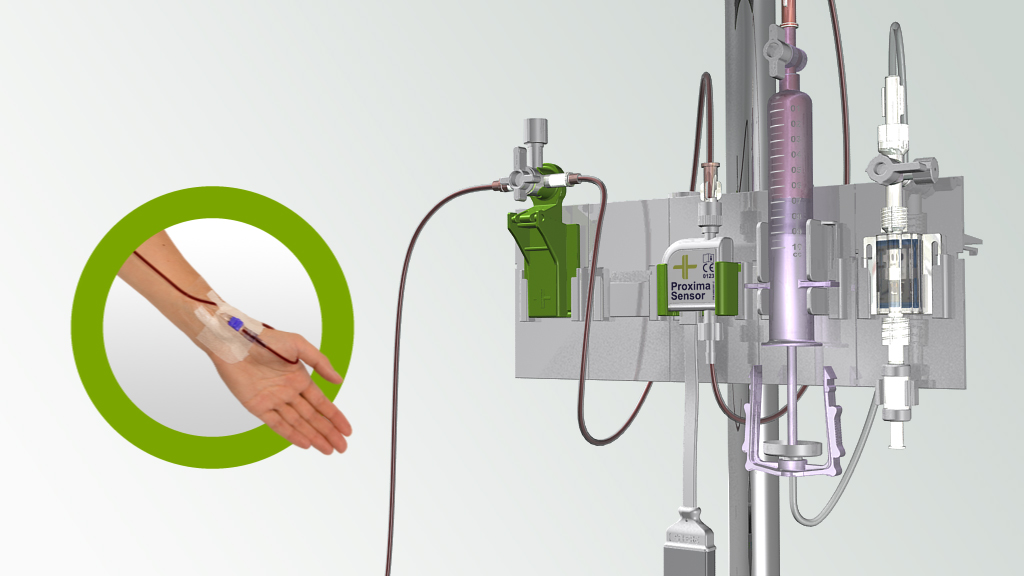Blood Gas Analysis Error Mitigation to be Discussed at Lage Landen Congres

Complete the form below to unlock access to ALL audio articles.
Sphere Medical will be exhibiting its novel patient dedicated blood gas analyser at Lage Landen Congres – centred on critical and intensive care – in Ghent, Belgium, Friday 13th November. On the Sphere Medical stand, visitors will be able secure a hands-on demonstration of the new Proxima in-line blood gas analyser and meet with Petra Maissan, Benelux Sales Manager for Sphere Medical.
The Lage Landen Congress aims to focus on all aspects of critical and intensive care medicine and bring together intensivists, intensive care nurses, other doctors and nurses with an interest in critical care. Blood gas is a key parameter used to assess the status of a critical care patient, therefore, at the Congress Sphere Medical will particularly highlight and discuss the mitigation of common pre-analytical errors associated with arterial blood gas analysis.

Notably, up to 60% of all errors in blood gas testing occur in the pre-analytical phase which can ultimately result in patient misdiagnosis and incorrect treatment. Pre-analytical processes are often more error prone than those later in the testing process because currently blood sampling is a manual procedure, whilst analytical and post-analytical phases are often automated and subject to computer checks. As an on-demand arterial blood gas analyser, the Proxima system is designed to address many of the errors that can occur in the pre-analytical phase by supporting rapid and frequent measurements without leaving the patient’s bedside.
Since it is a closed system with a sensor integrated into the patient’s arterial line which minimises blood handling, specific sources of analytical errors that Proxima addresses, include: haemolysed samples; errors associated with anti-coagulation; deficient samples; sample storage and transport; sample sedimentation; errors in patient identification and sample contamination.
An informative paper exploring how and why pre-analytical errors occur, their impact on analyte levels in the blood sample and their mitigation is also available for download from Sphere’s online clinical resource centre.

